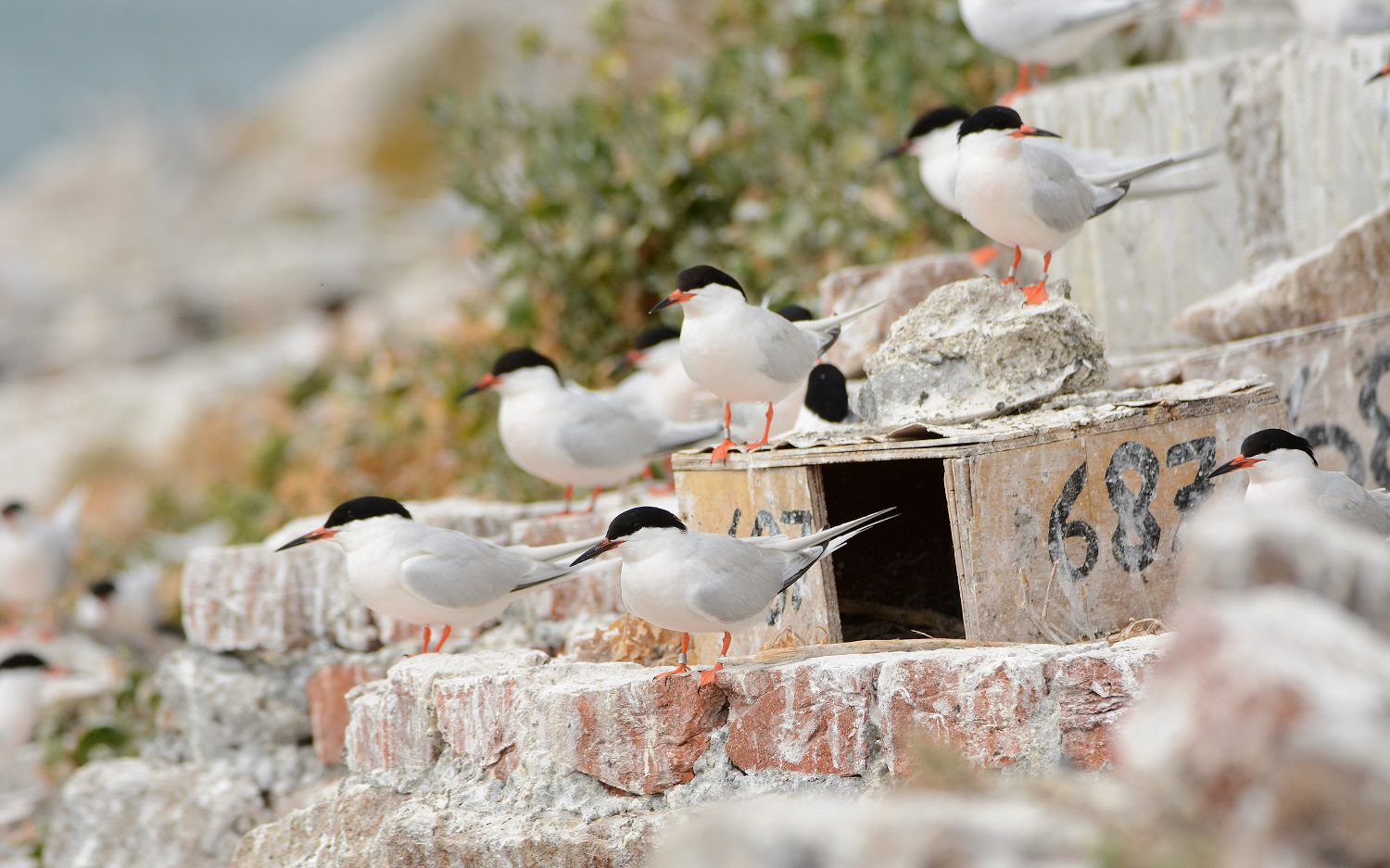A European Commission report published in February, which assessed the measures established in Special Protection Areas (SPAs) and their effectiveness, highlights that Ireland falls far behind our EU counterparts. Out of ten countries assessed, Ireland scored lowest across planning, implementation, site management, monitoring and conservation outcomes at SPAs.
While 87% of SPAs assessed across Member States had site-specific conservation objectives, within Ireland, 90% of the sites assessed did not have site-specific conservation objectives. Instead, only simple generic objectives stating the objectives of the Birds Directive and presenting a list of qualifying species at the site are present for 9 of 10 assessed sites, and only one site has a conservation plan.
These failings are not merely an administrative issue; they are failing to protect bird populations in Ireland. The report revealed that most species (86%) declining nationally in Ireland are also declining on SPAs, with only five of 37 species increasing. Furthermore, over half of species (20 of 39) increasing nationally are decreasing in SPAs.
Of the 10 Irish SPAs included in the report, just one, Rockabill, is a marine SPA. While others are designated for seabirds, these SPAs only cover the nesting sites of these birds, and do not extend to the surrounding marine environment which they rely directly on to raise their chicks. This in itself is an issue, as in implementing the Birds Directive, Member States are required to establish and implement special conservation measures concerning the habitat of protected species to ensure their survival and reproduction in their area of distribution.
However, even with the extended designation to include the waters surrounding the island nesting spot, Rockabill still falls far short in delivering the necessary conservation management needed to truly support the species for which it is designated an SPA. This is because, like many SPAs on land, Rockabill lacks a management plan for the site as a whole, and conservation measures and monitoring for the marine component of the SPA. While some conservation measures are in place on the ‘Bill’ island of Rockabill, these are ranked poor, and the ‘Bill’ also lacks monitoring.
This Commission assessment focussed mostly on terrestrial based SPAs, but its findings highlight the urgent need to prevent reproducing the shortcomings and incoherencies of our land-based policies at sea.
Photo Credit: Brian Burke


